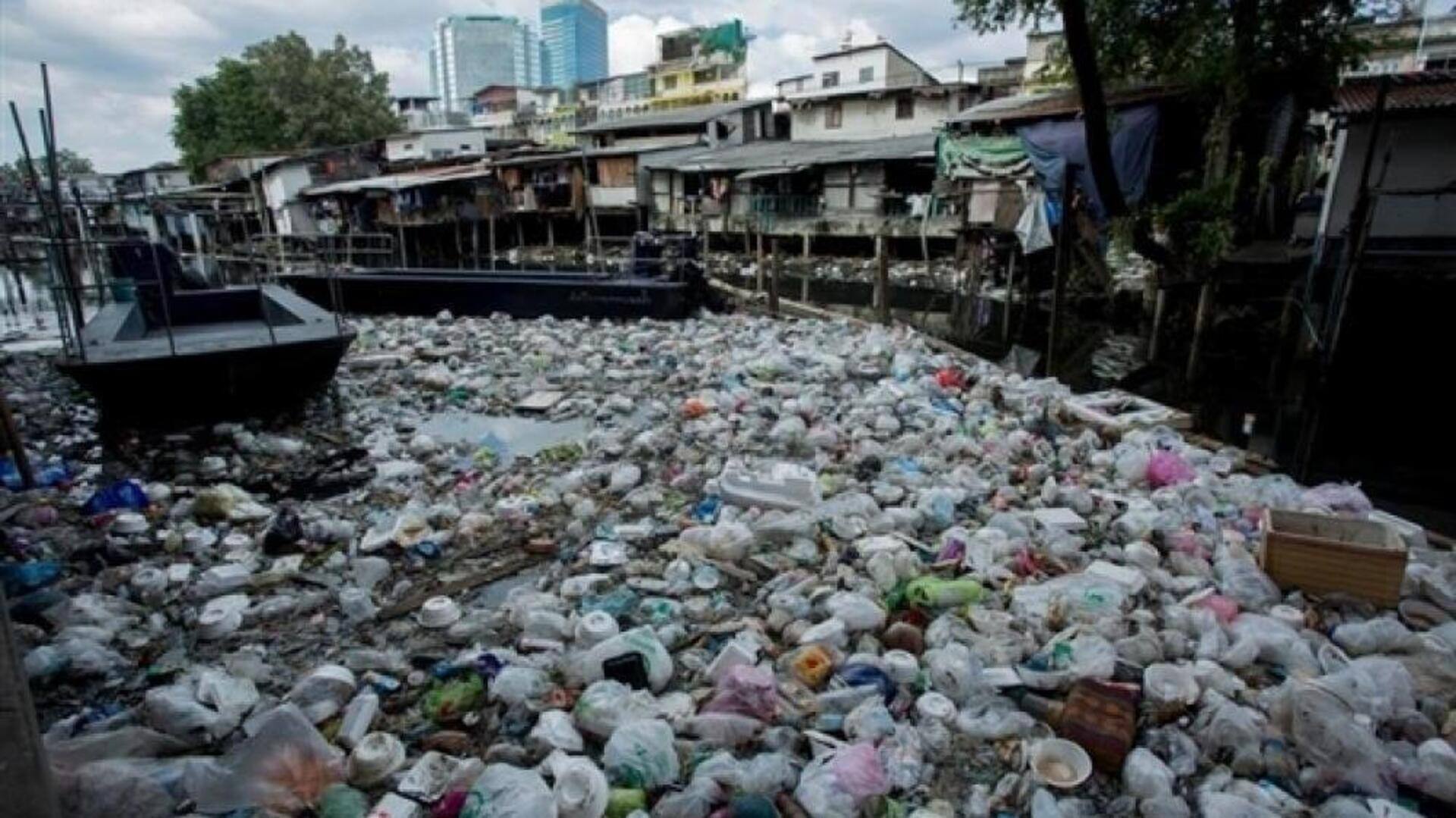
Thailand bans plastic waste imports to curb toxic pollution
What's the story
Thailand has passed a law prohibiting the import of plastic waste, starting January 2025. The move comes as a response to increasing concerns over toxic pollution. The decision comes after years of advocacy from environmental activists and puts Thailand among a number of Southeast Asian countries that have ceased accepting plastic waste from developed nations.
Import history
Thailand's plastic waste imports: A historical perspective
Historically, Thailand has been a major destination for plastic waste from developed countries like Europe, the United States, the United Kingdom, and Japan. Notably, Japan alone exported around 50 million kilograms of plastic waste to Thailand in 2023. The country's status as a leading destination for these exports grew after China, the world's largest market for household waste, imposed its own ban in 2018.
Ban enforcement
Enforcement and cooperation key to plastic waste ban
Penchom Sae-Tang, director of the non-governmental organization Ecological Alert and Recovery, has praised the ban as a victory for civil society. However, she emphasized that its success depends on strict monitoring and strong cooperation with authorities to ensure it is enforced. Between 2018 and 2021, Thai customs reported over 1.1 million tons of imported plastic scraps, frequently mismanaged by factories that opted to burn instead of recycle them.
Global treaty
Need for global treaty to reduce plastic waste
The ban comes as international talks continue on a possible treaty to reduce plastic waste. Earlier talks in Busan failed as oil-producing countries such as Saudi Arabia and Russia opposed it. More than 100 countries backed a draft treaty that suggested legally binding cuts in plastic production and phasing out certain chemicals and single-use plastic products. However, no date has been scheduled for further talks on the global agreement.
Health concerns
Health risks associated with plastic pollution
Professor Steve Fletcher from the University of Portsmouth warned that not agreeing on a treaty could have dire health consequences. He called plastic pollution an environmental and human health crisis, adding that research indicates exposure to microplastics heightens risks of stroke, heart attack, and possibly dementia. Revolution Plastics Institute's Dr Cressida Bowyer also highlighted the dangers of open burning of plastic waste, noting that "16% of global municipal waste is burned openly."